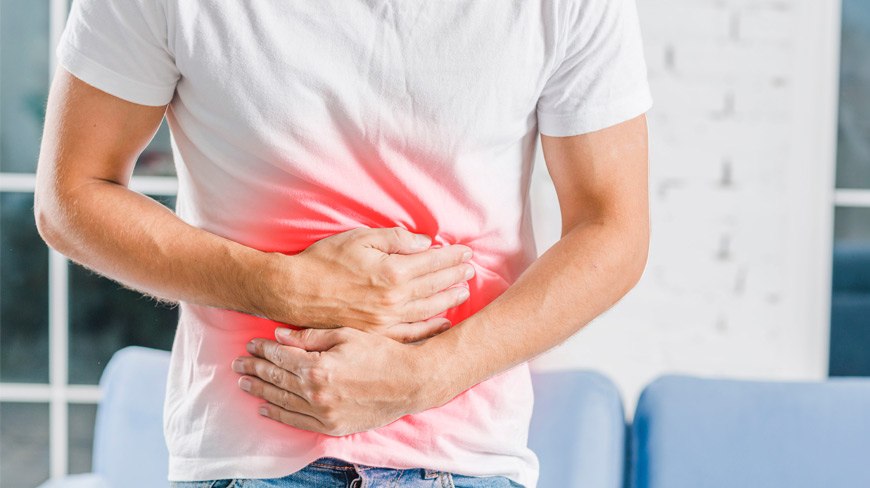Gastroparesis Self-Care: 10 Tips
Gastroparesis, or delayed gastric emptying, happens when your stomach takes longer than usual to move food into your intestines. This can cause symptoms like nausea, vomiting, and feeling full after eating just a small amount. It can also lead to bloating, abdominal pain, and even weight loss. Living with this condition can be frustrating. Fortunately, several tricks for gastroparesis self-care can make it much more manageable.
Why Does Gastroparesis Happen?
Gastroparesis occurs when the stomach muscles don’t work properly. Common causes include:
- Diabetes
- Previous infections like food poisoning
- Surgeries involving the stomach or intestines
- Certain medications that slow digestion
Sometimes, there is no apparent cause.
What are the Symptoms of Gastroparesis?
If you have gastroparesis, you might notice:
- Nausea and vomiting which can occur with or without eating
- Feeling full after just a few bites
- Your stomach is bloated or full of air
- Pain in the upper abdomen
- Weight loss because eating becomes too difficult
How Is Gastroparesis Diagnosed?
Doctors use tests to confirm gastroparesis, including:
- A gastric emptying study that tracks how quickly your stomach empties food
- An upper endoscopy which uses a small camera to examine your stomach for blockages or leftover food
- A breath test that measures digestion speed by analyzing your breath after a special meal
10 Tips for Gastroparesis Self-Care
1. Eat small, frequent meals
Instead of three large meals a day, try eating four to five smaller meals. Smaller portions are easier for your stomach to handle and can reduce symptoms like bloating and nausea.
2. Choose easy-to-digest foods
Stick to foods that are low in fat and fiber, such as:
- Cooked, skinless vegetables
- Peeled fruits like bananas or applesauce
- Lean proteins such as chicken, fish, or eggs
If solids are hard to tolerate, try blended or liquid meals, like soups or smoothies.
3. Avoid trigger foods
Some foods and drinks can make your symptoms worse. Limit or avoid:
- High-fat foods
- Fried foods
- Insoluble fiber, such as beans and raw vegetables
- Carbonated drinks
4. Time your medications
If your doctor prescribes medications, like metoclopramide, to help your stomach empty faster, take them 10-15 minutes before meals. This will help ensure they work effectively.
5. Stay Hydrated
Dehydration can worsen symptoms, so sip water or clear liquids throughout the day.
6. Monitor your blood sugar
High blood sugar can slow digestion further. If you have diabetes, keeping your blood sugar levels stable is critical.
7. Practice helpful eating habits
Chew your food thoroughly, avoid lying down for at least two hours after meals, and try gentle movement, like a short walk, to help your stomach process food.
8. Consider nutritional support
If eating solid food becomes too difficult, talk to your doctor about liquid meal replacement options.
9. Reduce stress
Stress can aggravate gastroparesis symptoms. Relaxation techniques like deep breathing, yoga, or meditation can help your digestive system function better.
10. Know when to call your doctor
Some symptoms can point to a more serious condition. Reach out to your doctor if you experience:
- Persistent nausea or vomiting
- Increasing trouble eating or keeping food down
- Significant weight loss or dehydration
- Severe abdominal pain
Partner with a Gastroenterologist Today
If you’ve been struggling with delayed gastric emptying and want more help with gastroparesis self-care, it’s time to partner with an experienced urologist. They can ensure your treatments are optimized for you, giving you the best chance of long-term comfort.
Don’t continue to be bothered by gastroparesis symptoms – schedule an appointment today!
Request Appointment
Related:


